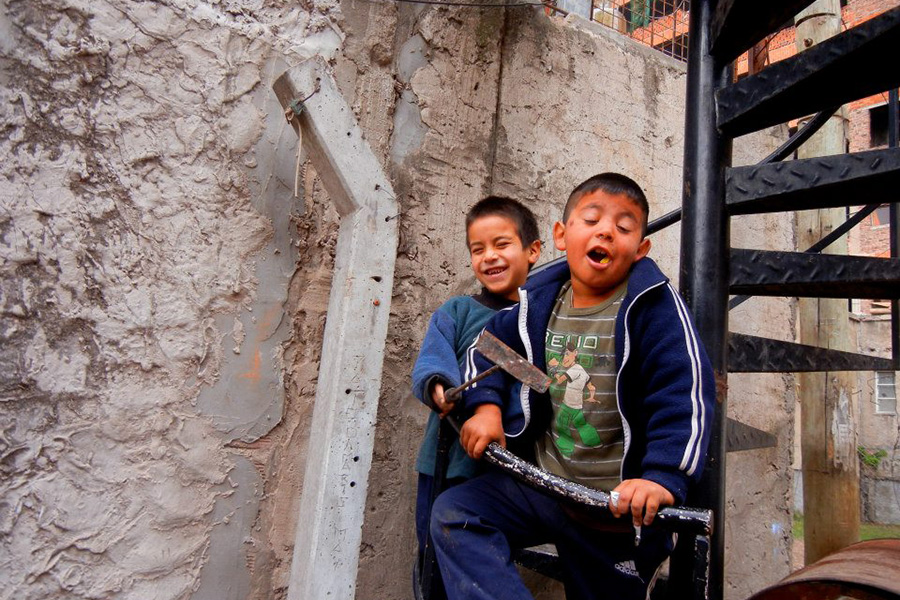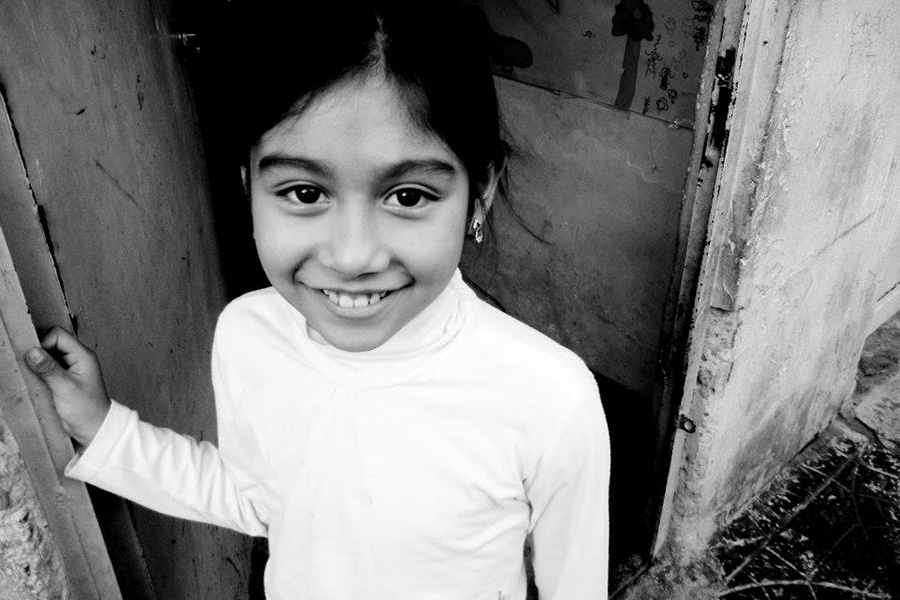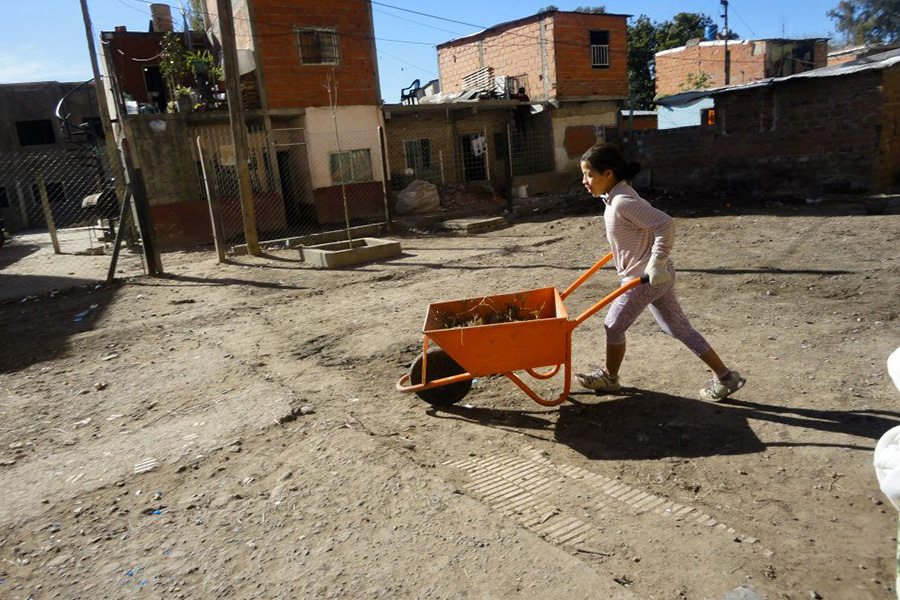In the outskirts of Buenos Aires, Argentina – a place often viewed as inferior – I learned one of those lessons that no book can teach, other than the author of their own experiences. It’s something we generally take for granted but what I learnt in Argentina changed the way I thought about influence and ability. It’s one of those things often forgotten or rarely acknowledged, such as breathing, for instance, or the fact that today we can see, feel and be.
The same way that we are able to change the pattern of our breathing when we concentrate, so too can we change our capabilities. Prior to my arrival in Argentina, I had a very romantic picture of what the country would look like. It was a perfectly painted photo: the meat and wine, the mountains and colorful buildings. To my surprise, street artists dominated and the beautifully cooked steak with a glass of Malbec wine was not guaranteed everywhere.
Furthermore, I had a rather stereotypical image of what the poorer areas would look like: dirty, the stench of excretion, unorganized, crowded and polluted. Now this is a physical description but many of these depictions cross over to the psychological realm of what we may constitute as “poor mentality.” Areas like these, often called slums, are thought to be the lowest of the low, filled with trash, poor infrastructure, diseases, lack of education and resources.
Although there is some truth to this, my perfectly painted portrait slowly turned into one big blob of mixed colors. It was through the deterioration of my preconceived notions that I began to understand why these categorizations are exceptionally misleading. The labels associated with poverty and the poor tend to ignore the fact that these people aren’t living in a documentary movie that describes their life. What Hollywood portrays is just one reality, and perhaps not even an accurate one.
The community members in these areas are living a real life. That means they form relationships, a sense of identity, roles and responsibility, and there are times of celebrations and times of struggle. There is so much more behind the scenes that exemplify their authenticity and “realness.”
 I certainly was guilty of being a foreigner to the truth about slums. Yet, I felt the need to make known that the youth and adults in these areas are inspirational and incredible. Some may not recognize them as the smartest against Western standards, but they are smart enough to build a house from surrounding resources and to survive with minimal assets. That, to me, is brilliance.
I certainly was guilty of being a foreigner to the truth about slums. Yet, I felt the need to make known that the youth and adults in these areas are inspirational and incredible. Some may not recognize them as the smartest against Western standards, but they are smart enough to build a house from surrounding resources and to survive with minimal assets. That, to me, is brilliance.
We cannot compare our context to their context and claim that their way of life is illogical. Despite some of the things they do or say not fitting into our systematic understanding, this should not mean it is wrong or less satisfactory. People tend to doubt the slums, but I see these communities as an inspiration and a powerhouse.
When we view others and the world in an egalitarian approach, we release our mind form bias and preconception. This allows us to recognize our breathing patterns… or at least the less obvious and unconscious matters in the world. It’s about finding the good out of something bad. There is beauty in ugliness. Now please don’t get me wrong, I’m not advocating that you drop your current life and move to a slum to find some inspiration. Nonetheless, I find it important that we recognize the kids and parents in such areas as real people. I simply cannot find one justification to claim superiority and deny them less of a right to their humanity.
It’s time for us to escape the bubble we are trapped in; let us accept others above and below us; learn to love and to appreciate. It’s time we make a change. It’s a challenge to put ourselves in their shoes and imagine their experiences. But what I encourage you to imagine are people who overcome numerous daily challenges by living in the present – one day at a time. If children who are barely fed are able to voluntarily lend a helping hand to build a park, what can you do?
If kids who speak broken Spanish but still try to learn English with a foreigner, what can you do? If kids in the villas are able to say no to Paco (a cocaine paste drug in Argentina, ) and carry on strongly, what can you do? If children who worry about where to sleep, what to eat, or how to stay healthy yet still come out to play, smile, and laugh for a while, what can you do?
 For them it’s one choice at a time – sometimes a change in attitude, sometimes the motivation to find a better situation. Each step or decision leads to the next step. A baby learns to walk step by step and over time it can walk. Walking turns into jogging and jogging turns into running. Take it day-by-day, step by step.
For them it’s one choice at a time – sometimes a change in attitude, sometimes the motivation to find a better situation. Each step or decision leads to the next step. A baby learns to walk step by step and over time it can walk. Walking turns into jogging and jogging turns into running. Take it day-by-day, step by step.
Inspiration can come from anywhere: from the packaging of your most recent purchase to the shape of the clouds, to the original song of a street busker. It all depends on yourself. We are in charge of our destiny, our accomplishments and our happiness. No matter where we are in the world or who we talk to, everyone has his or her “story.”
Leaders do not let their challenges remain standing still. The kids I spent time with for a couple of weeks in Buenos Aires taught me what leadership means. Leadership is having the tenacity to achieve even when the world is constantly throwing rocks your way. In the worst of situations, there’s an ability to grow, improve and make a difference.
The rain clouds don’t stop the sun from shining after all.




































